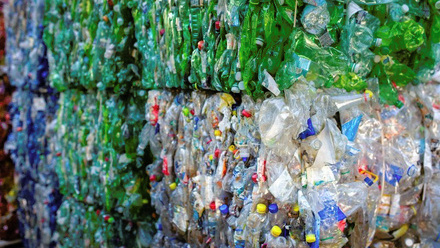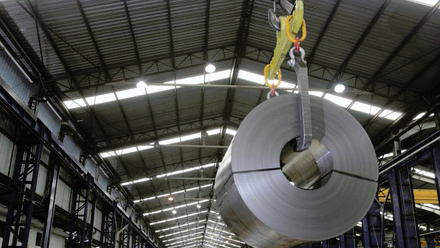Levelling up through circular economy jobs
Green Alliance, UK, has published a report outlining key recommendations to levelling up through circular economy jobs.

The report says that the UK government has an opportunity to create new jobs and drive economic growth through expanding the circular economy.
This sees products and resources kept in use for as long as possible through reuse, recovery, remanufacturing and recycling.
‘The UK’s current approach is unsustainable,’ it reads, ‘too many products and materials are cast aside without a structure in place to reclaim them or prolong their use.
‘Too much value is lost through destruction and disposal. A reused iPhone, for example, retains around 48% of its original value, whereas as recyclate it retains just 0.24%...Greater government ambition for an effective and expanded circular economy by 2035 would create hundreds of thousands of new jobs across the country. Just a few new policies focused on improving the use of valuable resources, led by the Treasury, would help to drive economic growth and the government’s own levelling up agenda, while supporting environmental aspirations.
Using current employment data and a methodology Green Alliance developed for a report in 2015 estimating that the government could help to create over 450,000 jobs in the circular economy by 2035.
‘An ambitious approach to reuse, repair and remanufacturing would also lead to jobs being created more evenly across the regions of the UK. Crucially, a plan to transform the circular economy would create thousands of new jobs in those occupations suffering higher rates of unemployment,’ Green Alliance reports.
‘This could mean opportunities for engineers at a new biorefining plant in the Northeast, skilled repairers of machinery and electronics finding new roles in the West Midlands and more recycling operatives across the country, along with the associated new administrative jobs required, including administrators and purchasing managers.’
To realise this jobs potential by 2035, the government should consider the following measures to transform the circular economy:
Set targets and build an overarching plan
- Set an ambitious target to halve UK resource use by 2050, with a clear plan to reach it in the industrial strategy
- Co-ordinate circular economy supply chains, closing the information gap by providing a central materials data hub for businesses
Make the circular economy a safe bet for business
- Stimulate innovation through a £400 million circular economy starter fund
- Unlock new technology through the UK Infrastructure Bank, making circular economy investment an explicit part of its portfolio
- Increase consumer demand by zero rating VAT on repairs and refurbishment
Support new skills development
- Support workers transitioning into the circular economy with retraining programmes and work coaches
- Provide strategic funding to universities and colleges to market and run new courses central to the circular economy











